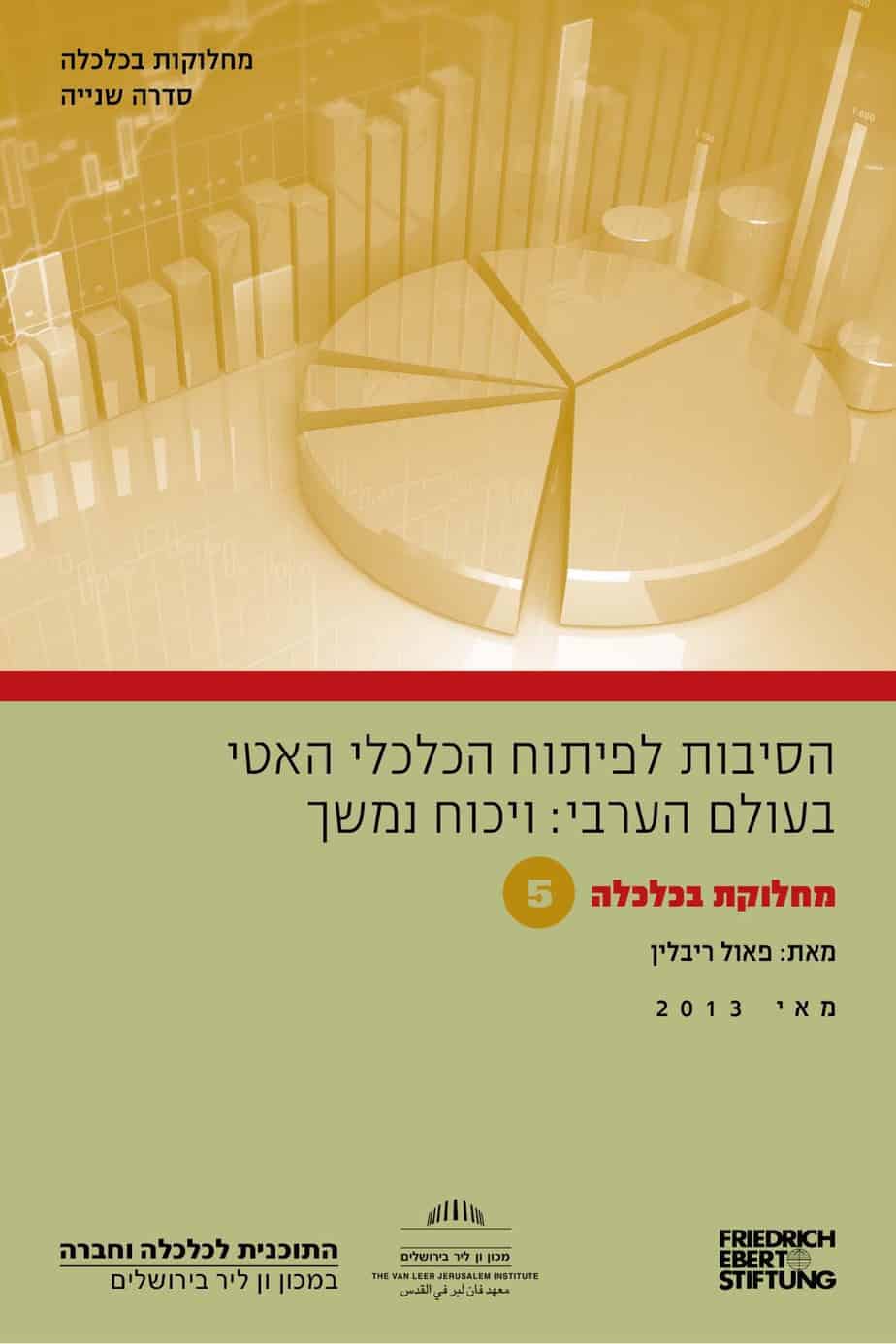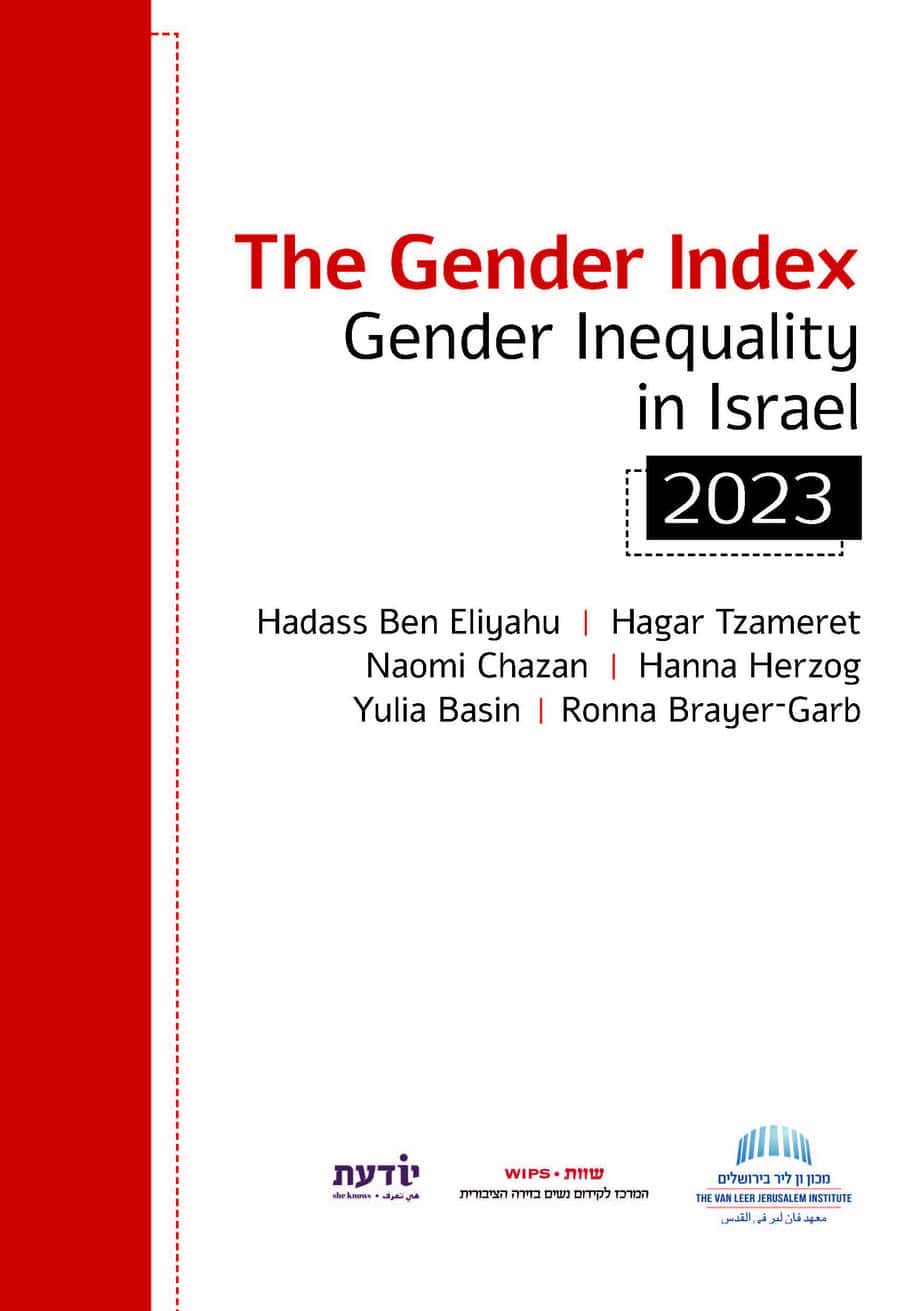The Reasons for the Slow Economic Development of the Arab World
| By | Paul Rivlin |
| Publisher | Van Leer Institute Press |
| Language | Hebrew |
| Year of Publication | 2013 |
| Series | The Economics and Society Program |
For years, the Arab Middle East has been in a state of economic underdevelopment as compared to most other regions in the world. This dispute paper presents in detail three groups of explanations for the less-than-optimal performance of Arab economies in the past and in the present. The first group comprises geographical explanations, including the location of the Middle East, its climate, the natural resources it does or doesn’t have, and its having been a magnet for colonialist empires in the past. The second group comprises cultural explanations, including the role of religion, tradition, the regime, and the status of the middle class in the Arab Middle East. The third group, which encompasses the first two groups of explanations, deals with the institutions that developed in the Middle East. This group emphasizes the importance of civil organizations, political institutions, and judicial systems, and the way in which these bodies thwarted or delayed economic prosperity. The conclusion of this dispute paper is that although complex mutual relations exist between the various explanations for economic underdevelopment in the Arab world, the main causal direction is from the institutional factor to the cultural and geographical factors.




